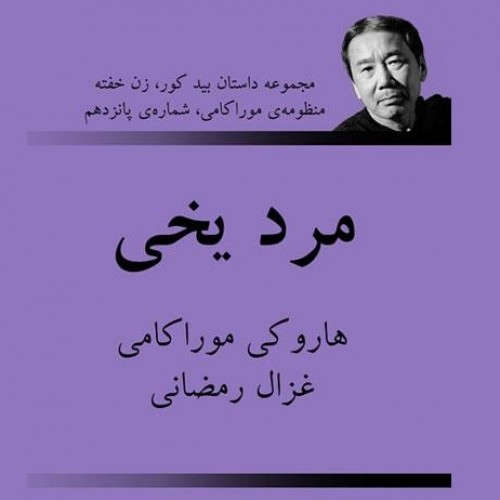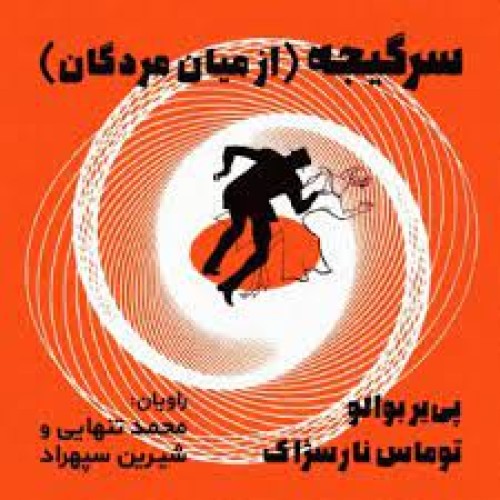رمان یک روز از زندگی ایوان دنیسویج، اولین رمان منتشر شده از نویسنده ی جنجال برانگیز روس و برنده ی جایزه ی نوبل، الکساندر سولژنیتسین است. در میان دیوانگی و جنون جنگ جهانی دوم، یک سرباز وظیفه شناس روس به اشتباه، به جرم خیانت محاکمه و به ده سال زندان در اردوگاه های کار اجباری در سیبری محکوم می شود. اتفاقات بعد از این محاکمه، داستان این شاهکار ادبیات مدرن روسیه را شکل می دهند.
One Day in the Life of Ivan Denisovich (Russian: Один день Ивана Денисовича, romanized: Odin den' Ivana Denisovicha, IPA: [ɐˈdʲin ˈdʲenʲ ɪˈvanə dʲɪˈnʲisəvʲɪtɕə]) is a short novel by the Russian writer and Nobel laureate Aleksandr Solzhenitsyn, first published in November 1962 in the Soviet literary magazine Novy Mir (New World). The story is set in a Soviet labor camp in the early 1950s and features the day of prisoner Ivan Denisovich Shukhov.
The book's publication was an extraordinary event in Soviet literary history, since never before had an account of Stalinist repressions been openly distributed. Novy Mir editor Aleksandr Tvardovsky wrote a short introduction for the issue entitled "Instead of a Foreword".
Ivan Denisovich Shukhov has been sentenced to a camp in the Soviet Gulag system. He was accused of becoming a spy after being captured briefly by the Germans as a prisoner of war during World War II. Although innocent, he is sentenced to ten years in a forced labor camp.
The day begins with Shukhov waking up feeling unwell. For arising late, he is forced to clean the guardhouse, but this is a comparatively minor punishment. When Shukhov is finally able to leave the guardhouse, he goes to the dispensary to report his illness. It is relatively late in the morning by this time, however, so the orderly is unable to exempt any more workers and Shukhov must work.
The rest of the novel deals mainly with Shukhov's squad (the 104th, which has 24 members), their allegiance to the squad leader, and the work that the prisoners (zeks) do in hopes of getting extra food for their performance. For example, they are seen working at a brutal construction site where the cold freezes the mortar used for bricklaying if not applied quickly enough. Solzhenitsyn also details the methods used by the prisoners to survive; the whole camp lives by the rule of day-to-day survival.
Tyurin, the foreman of gang 104, is strict but kind, and the squad's fondness for him becomes more evident as the book progresses. Though a morose man, he is liked because he understands the prisoners, talks to them, and helps them. Shukhov is one of the hardest workers in the squad, possessing versatile skills that are in great demand, and he is generally well-respected. Rations are meager – prisoners only receive them on the basis of how productive their work units are (or how productive the authorities think they have been) – but they are one of the few things that Shukhov lives for. He conserves the food that he receives and is always watchful for any item that he can hide and trade for food at a later date, or for favors and services he can do prisoners that they will thank him for in small gifts of food.
At the end of the day, Shukhov is able to provide a few special services for Tsezar (Caesar), an intellectual who does office work instead of manual labor. Tsezar is most notable, however, for receiving packages of food from his family. Shukhov is able to get a small share of Tsezar's packages by standing in lines for him. Shukhov reflects on his day, which was both productive and fortuitous for him. He did not get sick, his group had been assigned well paid work, he had filched a second ration of food at lunch, and he had smuggled into camp a small piece of metal he would fashion into a useful tool.






